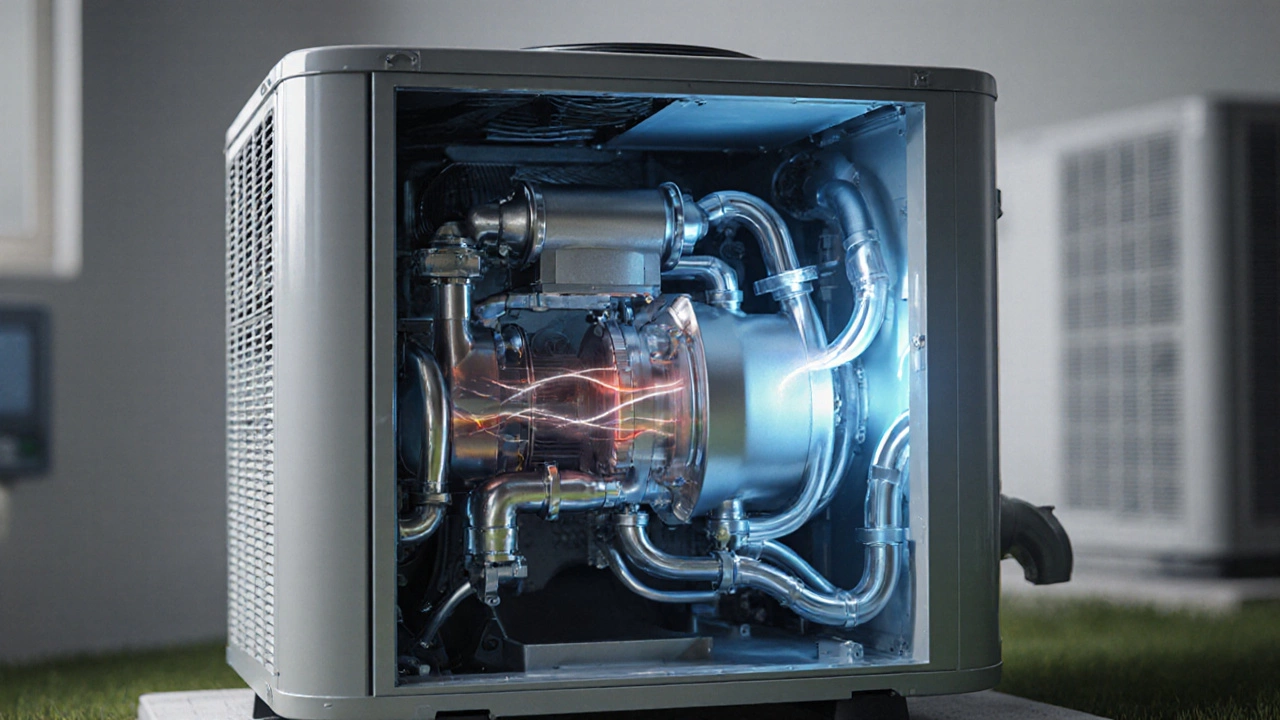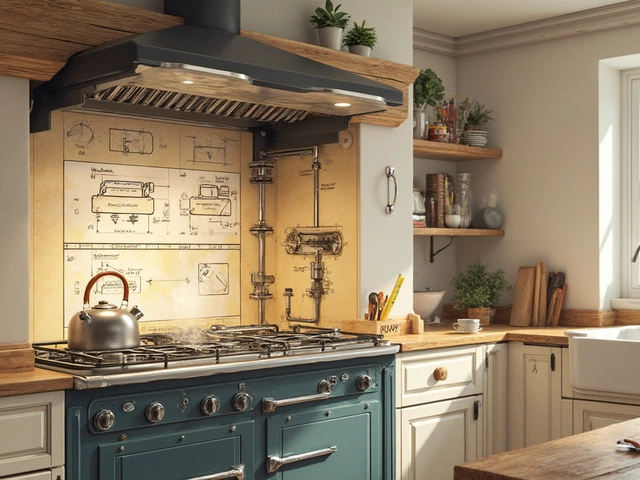When dealing with heat pump compressor cost, the total amount you pay to replace or fix the compressor in a heat pump system. Also known as compressor replacement expense, it covers parts, labor, and any ancillary work needed to get the unit running again.
Understanding why the price varies starts with the heat pump, a system that moves heat using a refrigerant cycle. The heart of that system is the compressor, the mechanical component that pressurises refrigerant to enable heat transfer. When the compressor fails, heat pump compressor cost becomes a key line item in any HVAC repair, service work on heating, ventilation, and air‑conditioning equipment quote. The better the compressor’s efficiency, the lower the long‑term energy bills, so the upfront expense often balances out over a few years.
First, the type of compressor matters. Scroll‑type units, commonly found in larger air‑source pumps, usually cost more than rotary or scroll‑seal variants because of their higher capacity and tighter tolerances. Second, OEM (original equipment manufacturer) parts carry a premium; third‑party equivalents can shave 15‑30% off the parts bill, but may affect warranty coverage. Labor rates differ by region – in the Bognor Regis area, certified technicians charge between £70 and £100 per hour, reflecting training and the need to handle refrigerant safely. Finally, ancillary work such as refrigerant recovery, system flushing, or replacing seals adds to the bottom line.
Another often‑overlooked element is system age. Older units may need additional upgrades, like new control boards or enhanced insulation, before the new compressor can integrate properly. In those cases, the total energy efficiency, the ratio of heat output to electricity input rating can improve dramatically after a modern, high‑efficiency compressor is installed. That boost translates into lower annual operating costs, which many homeowners factor into their decision to repair rather than replace the whole heat pump.
So, what should you expect in real‑world numbers? A standard residential compressor replacement typically runs between £800 and £1,500, parts included. For high‑capacity units or premium brands, the price can climb to £2,000 or more. If the labor component dominates, you might see hours adding up to £400‑£600. These figures line up with the data we’ve gathered from local service providers and recent customer invoices. Knowing the range helps you set a realistic budget and avoid surprise invoices.
Armed with this context, you can now compare quotes, ask the right questions, and decide whether a repair or a full system upgrade makes sense for your home. Below you’ll find a curated list of articles that dive deeper into specific scenarios – from diagnosing a failing compressor to calculating long‑term savings after a replacement. Let’s see how each piece can guide you toward a smarter, cost‑effective solution.

Find out the 2025 price range for heat pump compressors, what factors affect cost, how to get accurate quotes, and whether DIY or professional installation is best.

Extractor fans are essential for maintaining good air quality, especially in kitchens and bathrooms. When they stop working, it might be due to electrical, mechanical, or cleanliness issues. Understanding the root causes of fan failures can save you time and money in repairs. Discover common problems, practical tips, and preventive measures to keep your fan spinning efficiently.

Extractor fans are a lifesaver when it comes to clearing out steam, smoke, and nasty odors, but many people forget they actually need a little love now and then. This article cracks open the question of whether extractor fans need maintenance, and if so, what kind and how often. We'll cover quick tips, warning signs, and busted myths around fan care. Get the straightforward facts (and a few surprises) about keeping your fan working its best. No nonsense, just super practical info you can use right now.

Wondering if your 20-year-old oven can be repaired? Discover repair tips, replacement part insights, costs, and when it makes sense to swap your old oven for a new one.

Gas cooktops are an essential part of the modern kitchen, but like all appliances, they can encounter problems over time. This article provides valuable tips and tricks on how to diagnose and repair common gas cooktop issues such as faulty igniters, uneven flames, and gas leaks. With useful insights and step-by-step guidance, even the least experienced DIY enthusiasts can potentially save money and extend the lifespan of their cooktops. If the repairs are too complex or safety is at risk, it is always advisable to seek professional assistance.

Got an electric oven that's not heating? Discover the most common issues, why they happen, and how you can fix or prevent them without calling a pro.